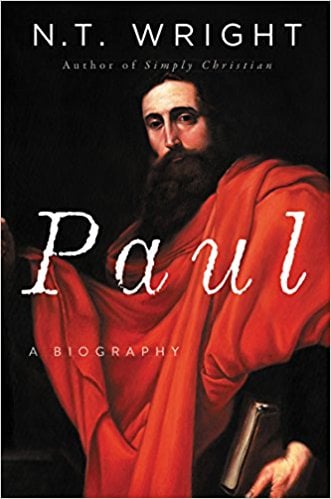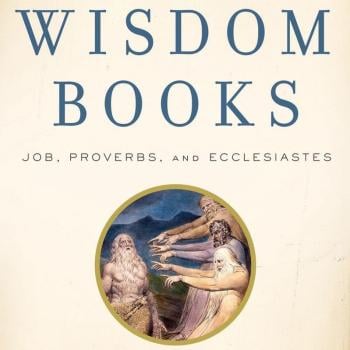Q. To what extent is it fair to say Paul was a deliberate agent provocateur at points in
ministry, and this got him into trouble, sometimes unnecessary trouble?
A. I think Paul knew perfectly well that he was often treading on the toes of the authorities. His refusal to go quietly away from Philippi in Acts 16, and his teasing of the Pharisees and Sadducees in Acts 23 (not to mention his riposte to the High Priest), shows him as someone ready to chance his arm . . . no doubt prayerfully but nevertheless with a boldness which his friends must have often worried about . . .
Q. Obviously, the collection for the poor in Jerusalem was a big deal to Paul, not just at the practical level, but at the theological level as well. He was concerned that his churches be united with the mother church and the messianic movement be genuinely Jew and Gentile united in Christ. How do you think Paul took the fact that the delivery of the collection does not seem to have accomplished the high aims he hoped it would? Indeed it may even have been seen as a bribe of sorts.
A. We can only speculate here; the evidence just runs into a brick wall. I think Paul didn’t have much time in Jerusalem to worry about the failure of the Collection (which, I agree, did not have the effect he had hoped – though it had already made the point to the Gentile churches that they were part of the same family as the Jerusalem church, whether or not the Jerusalem church saw it like that). The question of whether relief for the poor is a form of bribe is raised as well by the much earlier visit in Acts 11 which I think is the same visit as in Galatians 2.1-10. That raises other question of course!















